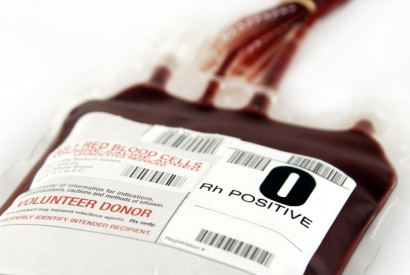 Blood substitutes don’t require refrigeration or cross-matching, have a long shelf life, and reduce the risk of iatrogenic infection. They could be a potentially lifesaving option for surgical and trauma patients with hemorrhagic shock, especially in rural areas and military settings where access to donor blood is limited.
Blood substitutes don’t require refrigeration or cross-matching, have a long shelf life, and reduce the risk of iatrogenic infection. They could be a potentially lifesaving option for surgical and trauma patients with hemorrhagic shock, especially in rural areas and military settings where access to donor blood is limited.
Despite the potential advantages, clinical trials have raised questions about the safety of these products and their lack of demonstrable benefit.
A recent meta-study conducted at the National Institute of Health found that artificial blood raised the risk of mortality by 30% and nearly tripled the odds of heart attack.
Published this week in JAMA, the analysis included 16 trials, five different hemoglobin-based products and 3711 patients.
The study’s lead author, Charles Natason, believes blood substitutes should be clinically validated only in patients on their deathbed, “There have been no meaningful beneficial effects reported in any trial. The only population where a justification could be made is that with an expectation of 100 percent mortality.”
Participants in an FDA meeting agreed. In a gathering held Wednesday they said previous studies were too broad and put participants at unnecessary risk.
The NIH study will only complicate things for manufacturers who have struggled to get blood therapeutics through the regulatory pipeline. The blood substitutes used in Natanson’s analysis included hemoglobin-based products manufactured by Baxter, Hemosol, Northfield Labs, Sangart, and Biopure.
Biopure‘s oxygen therapeutics are derived from bovine hemoglobin. The company offers two products: Hemopure for human use and Oxyglobin for veterinary use.
Hemopure is being sold in South Africa for the treatment of adult surgical patients who are acutely anemic and for eliminating, reducing or delaying the need for allogenic red blood cell transfusion. A marketing authorization application for Hemopure is pending in the U.K. for a surgery indication.
[Full disclosure: In high school I worked as an intern at Biopure. In 2000, I purchased some Biopure stock.]